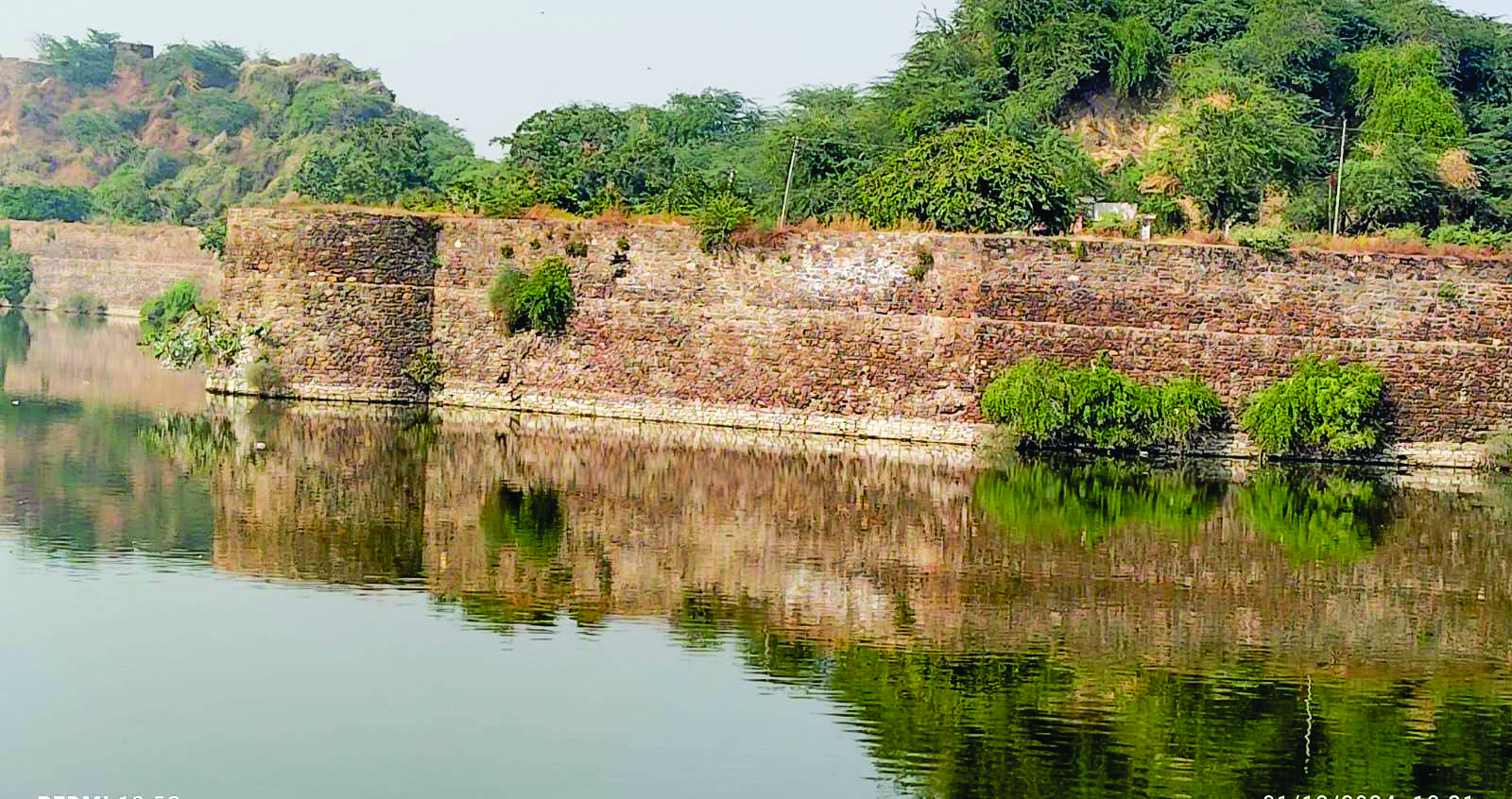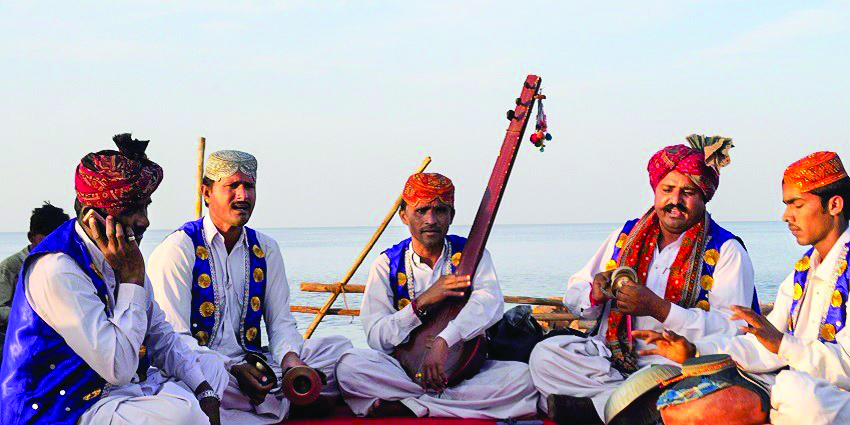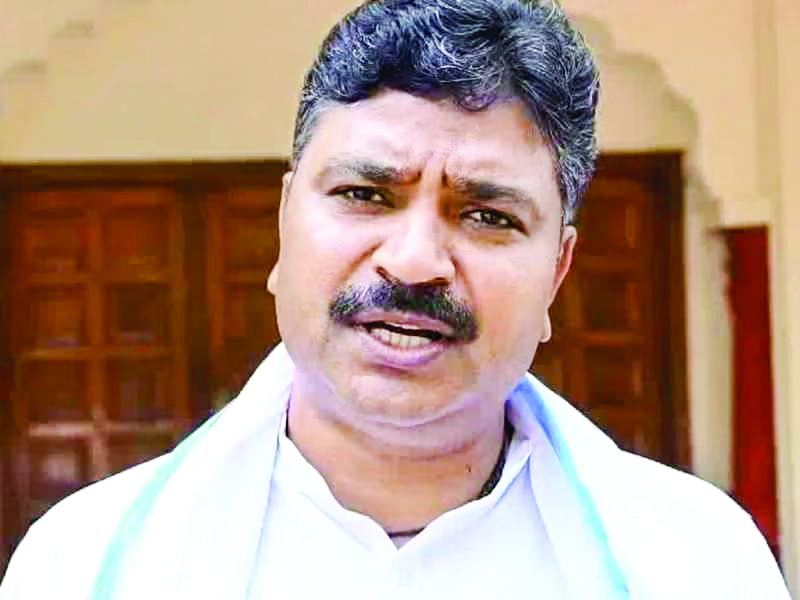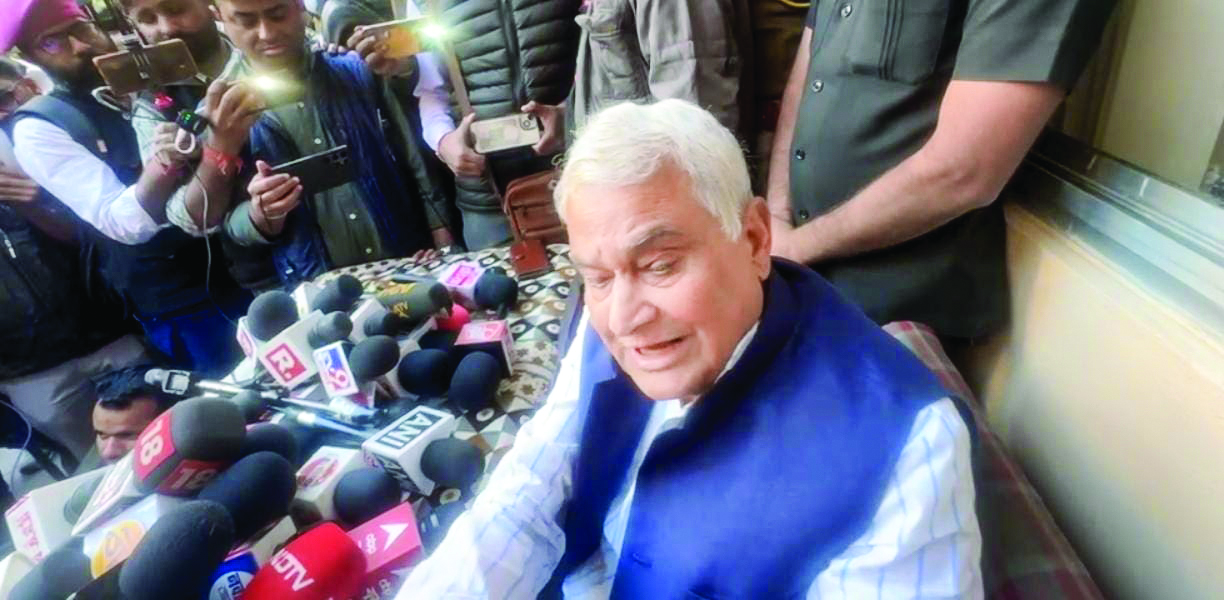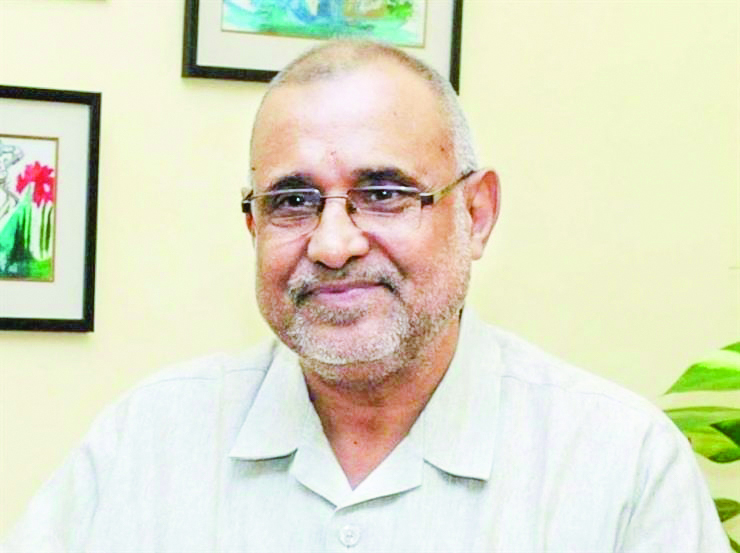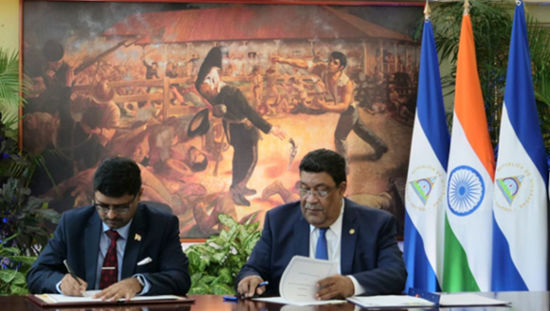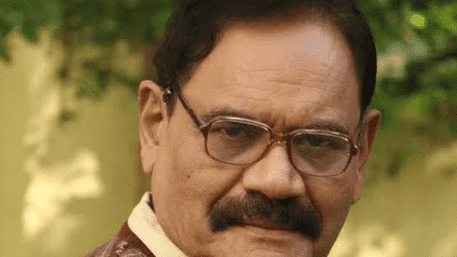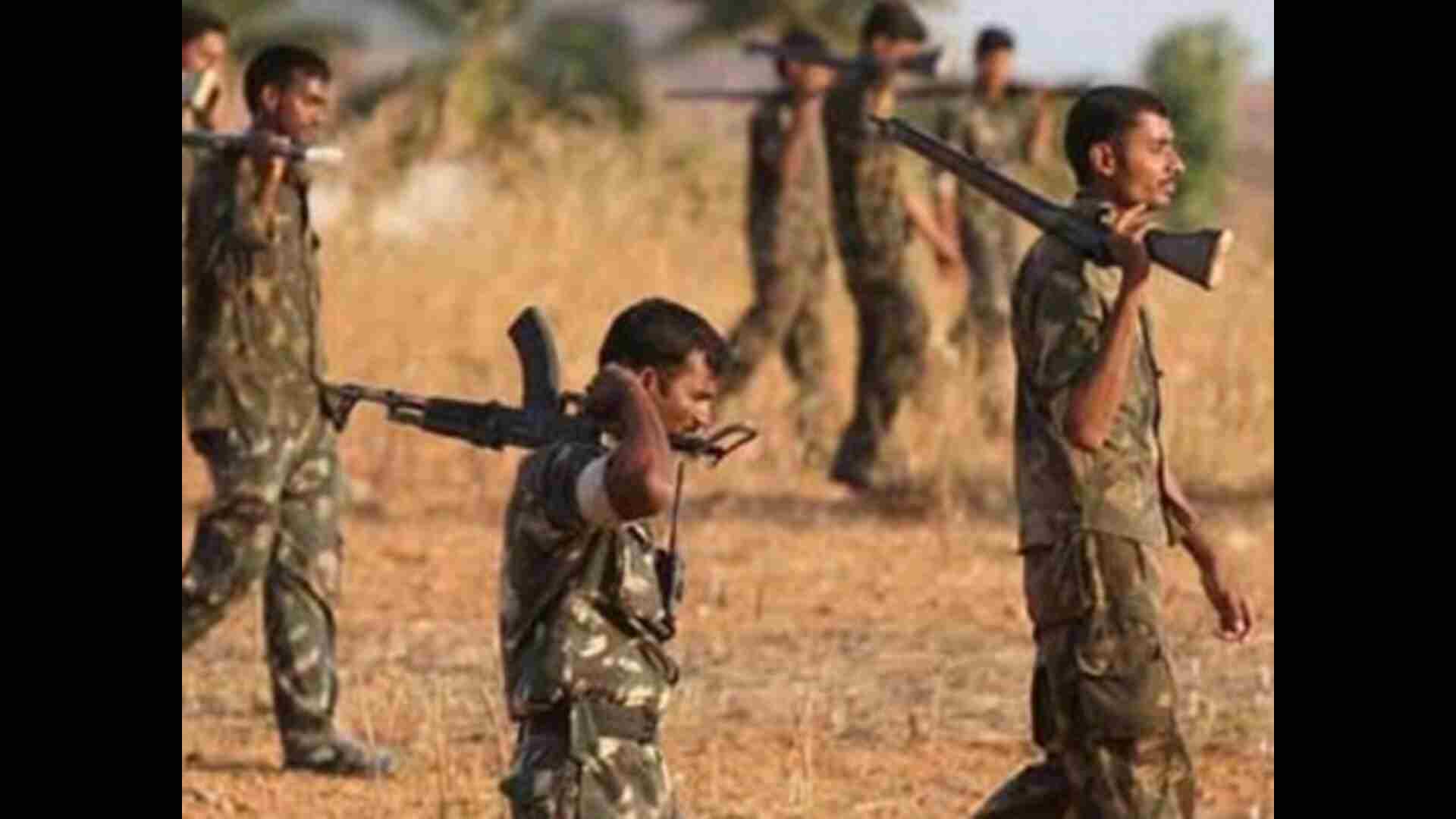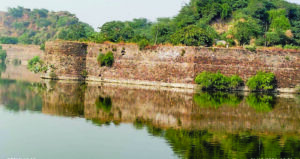Bharatpur, the eastern gateway of Rajasthan, which is called the land of heroes, has already marked its presence on the world map due to the National Bird Sanctuary aka Ghana Sanctuary, but the indifference of the central and state governments has almost snatched its historical identity from this city. This fort, which became famous as ‘Lohagarh’ due to being invincible despite countless attacks by the Mughals and the British, and the ‘Sujan Ganga’ canal, which always proved to be a protective shield for the fort, have been facing dark clouds of crisis for several decades. Paper horses were made to run a lot for their renovation, but on the ground of reality, the situation is like the proverb ‘nine days walk two and a half kos’.
Which is called the eastern gateway of Rajasthan, has played an important role in the history of India. Maharaja Surajmal established Bharatpur as the capital of his kingdom almost three centuries ago. The fort was constructed in the year 1730 and took years to complete. Also known as Lohagarh Fort, it is the strongest fort ever built in Indian history, innumerable attempts were made by the British to conquer the fort but it remained invincible. The deadly cannonballs fired by the British invaders failed to harm the fort. In the year 1805 Lord Lake explored every possible way to conquer this fort but failed to capture it. He deployed 5” to 7” cannons but could not make much impact on the fort.
The Lohagarh Fort is surrounded by a historic moat, known as the Sujan Ganga. It was constructed by Maharaja Surajmal to enhance the defense of the fort as well as to provide water to the people of the city. It was indeed the lifeline of the city, maintained by the rulers for multipurpose use.
In the year 1948, along with other princely states, Bharatpur State was also merged into the then Matsya State and thereafter into the Rajasthan State. After the merger, the entire property belonging to the then Bharatpur State (except the personal properties of the ruler) was acquired by the Government. In the year 1968, keeping in view its national importance, Lohagarh Fort and Sujan Ganga were declared as protected monuments by the State Archaeological Department. In the year 1978, it was declared by the Central Government.

Now a part of the Lohagarh Fort is with the State Government and a part with the Central Government. Due to lack of care and maintenance on the part of the Central Government and the State Government over the years, the fort and Sujan Ganga lie in ruins. Sujan Ganga and its ecosystem gradually deteriorated due to lack of proper care and protection. The apathy of the present generation and unpardonable negligence on the part of the government institutions and agencies with designated responsibility have destroyed its breath-taking beauty. Severe pollution has damaged the Sujan Ganga. As a result of which there has been an increase in water pollution, growth of weeds, polluted water etc. In the year 1994-95, the citizens of Bharatpur raised their voice against the threat looming over the existence of their polluted Sujan Ganga and organized a movement (dharna-demonstration) for the protection of the fort and Sujan Ganga. First of all, the then MLA RP Sharma raised this issue on the floor of the Assembly but to no avail. When there was no relief from any corner, Advocate Shrinath Sharma and the then MLA RP Sharma were forced to file a writ petition (WP No. 3273/1996) in the High Court in the year 1996 on this issue related to public interest. Before the bench of the Rajasthan High Court, prayers were inter alia made stating the need for immediate action for the care and protection of the fort and the moat and the need for a scheme / project for proper maintenance and reconstruction / renovation of the damaged fort and moat. In order to remove all types of pollution and encroachments from the dilapidated part of the fort and the Sujan Ganga lake, on 7th September 2001, the Rajasthan High Court was pleased to direct the Chief Secretary of the State of Rajasthan to constitute a Committee under the chairmanship of the concerned Divisional Commissioner and appointing Collector Bharatpur as its Secretary and Convener. The Committee was directed to look into the various problems and difficulties involved in the present petition and to suggest ways and means to remove the problems and difficulties faced by the public. After due deliberations, the Committee headed by the DC submitted its report on 15th March 2002. On this, the High Court issued an order dated 6th March 2003 directing to expedite the work of the first phase of Sujan Ganga.
Under this, the Municipal Corporation had to remove the sludge from Sujan Ganga within 8 months, the Municipal Corporation and UIT had to take strict steps to identify and remove encroachments and unauthorized constructions in their jurisdiction. The High Court at that time directed the ASI (as per the order dated 14 November 2011) to conduct a survey, submit its plan for the restoration of Bharatpur Fort and the moat and arrange for the necessary funds.
And after that the matter was transferred to the Principal Bench of the National Green Tribunal, Delhi (OA No. 360/2018). But still no significant improvement has been seen in the condition of the Sujan Ganga Canal?
National Lake Conservation Plan
The Government of India had formulated a plan in the year 2001 to restore and conserve those urban and semi-urban lakes and important water bodies of the country, which were subject to degradation due to discharge of wastewater through an integrated scheme. It was to be funded on 70:30 cost sharing between the Central and State Governments from an ecosystem perspective.
Confirming the provisions of the institutional arrangement in the NLCP, the Government of Rajasthan has designated the Department of Urban Development Project (RUIDP) to act as a nodal department in the State of Rajasthan. The Department of Local Self Government also decided to prepare DPRs for the restoration/restoration and rehabilitation works proposed under NLCP including Sujan Ganga, Bharatpur and prepare bidding documents with detailed drawings etc. There were other water bodies of Rajasthan which have been included in the NLCP. However, the DPR was prepared by Voyants Solutions Pvt. Ltd. The cost of the Gurugram project was Rs 117 crore. The city level committee also approved it. The DPR was also scrutinized and approved by the Indian Institute of Technology (IIT). It has been sent to the Central Government. The cost sharing was agreed upon by letter dated 9 November 2012 but due to lack of proper persuasion, the Central Government at that time finally rejected the proposal and Sujan Ganga Lake could not be included in NLCP. Ultimately the proposal was rejected and Sujan Ganga Lake could not be improved till date due to lack of proper persuasion of the Central Government. Then after that the then Chief Minister Vasundhara Raje took cognizance of the matter. After taking cognizance, she handed over the matter to the Tourism Department by appointing IAS Dr. Subodh Agarwal as the nodal officer at that time. After proper deliberation, IAS Dr. Usha Sharma, Director, Archaeological Survey of India, New Delhi at that time mainly agreed that the work of restoration of the fort and Sujan Ganga could be done by the State Government under the supervision of ASI engineers. A proposed project report (PPR) of Rs 8 crore was sent to ASI in the first phase but it was returned with the direction to send a detailed project report (DPR). Then perhaps the related file became inactive as soon as it reached the tourism department. Because the said department was not interested in doing anything in the matter, but it is also not that in the Gehlot government, former minister and current Bharatpur MLA Dr. Subhash Garg has also done a lot of work in it with his tireless efforts to save the existence of this Sujan Ganga. Apart from cleaning this canal, he has also done work regarding the repair work as well as the dirt around it, but the way the work has not been done completely yet. Looking at the above, it is strongly felt that now the days of this fort and Sujan Ganga canal can change because at present the Chief Minister of Rajasthan state Bhajanlal Sharma is a resident of Bharatpur and his government is also in the center. Therefore, the government should transfer the entire matter to the concerned officials and issue instructions to save the fort and the ditch around the fort from getting worse and take immediate action. The city of Bharatpur, protected by a wall, is a major place of attraction for tourists.
The world famous dense bird sanctuary is located in it. Every year lakhs of foreigners and natives visit the sanctuary including the fort, moat, temples and museum etc.
Therefore, it is necessary that all serious efforts be made to protect this historical heritage. Now it remains to be seen how long Rajasthan Chief Minister Bhajan lal Sharma, a resident of Bharatpur district, will be able to solve this problem, it is hidden in the womb of time.

